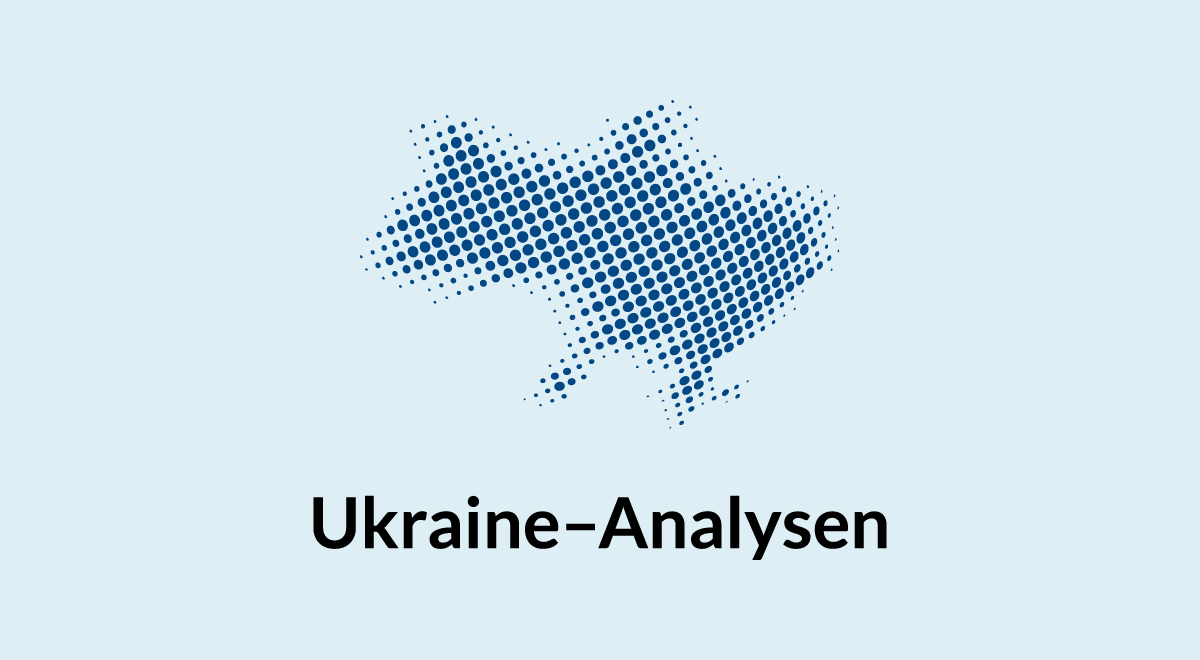 Kommentar
Kommentar Von Claudia Kamke, Kristin Wesemann
Die Ukraine wird, so jedenfalls ist es vorgesehen, am 17. Januar 2010 ein neues Staatsoberhaupt wählen. Sollte kein Kandidat die absolute Mehrheit erringen, kommt es in der Woche darauf zur Stichwahl. Den Termin hatte das Verfassungsgericht im Mai 2009 nach langem Tauziehen festgelegt und er wurde Ende Juni 2009 vom Parlament bestätigt. Zunächst hatte das Parlament für den 25. (…)
Zum Artikel  Analyse
Analyse Von Nico Lange
Zu Beginn der neuen Sitzungsperiode nach der Sommerpause steht das ukrainische Parlament noch immer vor den gleichen Problemen wie schon vor Monaten. Während zuvor vor allem der verbissene Machtkonflikt zwischen Präsident Viktor Juschtschenko und Ministerpräsidentin Timoschenko die ukrainische Politik blockierte, verhindert nunmehr die verfrühte Orientierung aller Politiker auf die Präsidentschaftswahlen im Januar 2010 eine konstruktive Arbeit. Zusätzlich zur angespannten Situation in Wirtschaft und Innenpolitik verschärfte der große Nachbar Russland im Vorfeld der Präsidentschaftswahlen die außenpolitischen Auseinandersetzungen
Zum Artikel